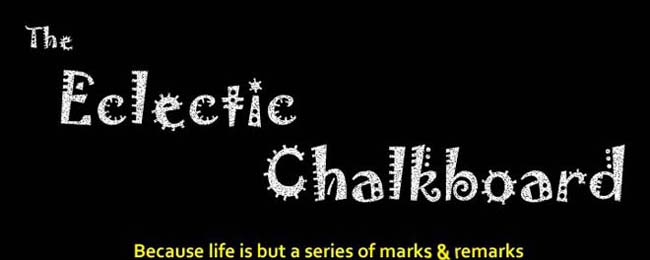HOW TO BE A GOOD GIVER OF SOMETHING, GOODLY, GIVINGNESS OR SOMETHING …
“There are only three things you need in order to have a great memory,” he said, rather enthusiastically. “First, you need a good diet. Second, you need good rest. And third …”
He paused, I assumed for dramatic effect. But his body language and his eyes quickly belied that assumption. I think he forgot that third thing.
“And third,” he repeated, “You need to remember things better.”
And with that, I walked out of the seminar, walked directly to the registration table and demanded my money back. The young lady looked at me and said, “But didn’t the seminar just begin?”
“Yes,” I said.
“May I ask why you want your money back?” she inquired.
“Sure,” I said. “He just opened his seminar by saying that to have a good memory you need a good diet, good rest, and you need to remember things better. You tell me, do I need my money back?”
“I’m sorry, sir,” she apologized sincerely. Then she returned my check to me.
During the couple of minutes that I asked for and received my money back, five more people had stepped out of the room and were standing in line for their money back. When the young lady noticed that more people were coming out to demand their money back, I heard her say to herself, “Not again.”
As someone who has enjoyed a career developing and facilitating workshops, I believe I can speak from experience in offering the following advice for anyone considering giving seminars or workshops.
First, eat well.
Second, rest well.
Third, be a good seminar or workshop giver.
[Pause for dramatic effect.]
[Three more seconds.]
Okay, obviously that’s a joke made at the expense of the hapless “great memory expert” above.
I’ve actually given workshops on how to make good public presentations, under the title, “Stop Looking Stupid!”, but there is too much information to put it in a simple blog posting. And of course, the “interwebs” is full of advice, both good and bad.
But I’d like to share the two best tips I was taught before I went on the public speaking/workshops circuit.
One, whether you’re the world’s foremost expert on your topic or you’re just starting out, after you give your audience the who, what, why, where, when and how, answer the following question: Now what? (Which of course, leads to many other questions.)
They have your information, so what do they do with it? How do they use it to improve their lives? How do they make a difference? How do they grow, replicate, renew?
Give your audience more than they expected, in a way that makes it memorable, then leave.
Two, your audience can find the information you’re going to present in a lot of other places and from a lot of other sources. So you need to answer the question: Why you?
The simple answer: Style. Why would anyone pay $500 or more for a few hours of information they can easily find elsewhere? It’s the way you give them the same information. You are theater. You are the whisper at the perfect moment. The scream at the unexpected moment. The power tie. The nerd glasses. That mischievous smile that tells the audience, “You’re gonna love this.”
So. To reiterate my seven tips on making good presentations.
One. Eat well.
Two. Rest well.
Three. Give your audience more than they expect.
Four. Make your information memorable.
Five. Style. Have some.
Six. Be a good seminar/workshop giver.
Seven. Leave.
Oh, and here’s a bonus tip: Whenever you can, get paid up front.
[Pause for dramatic effect.]
[Three more seconds.]
[Tongue-in-cheek.]






No comments:
Post a Comment